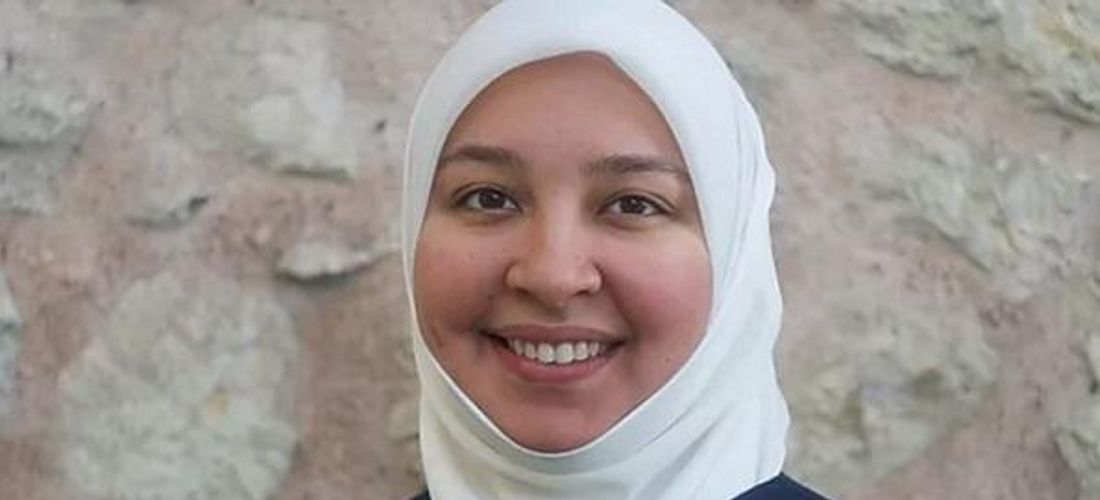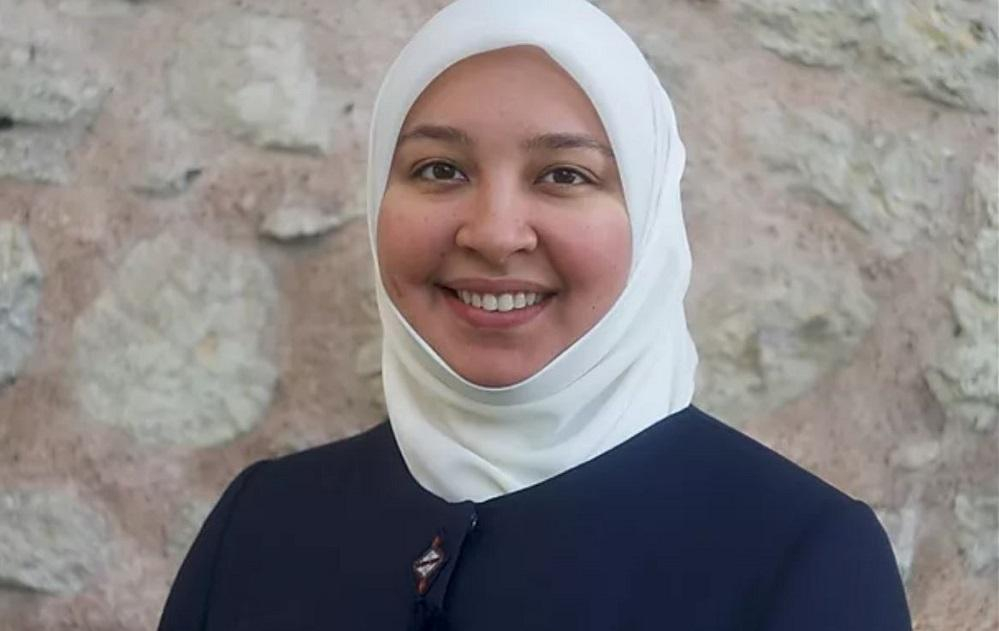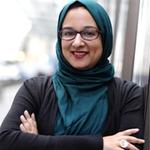The Believer is Balanced Between Hope & Fear – 5 Steps to Better Mental Health
Lifestyle
|
Jun 24, 2020
|
4 MIN READ

Caring for our mental health by balancing clinical advice with a spiritual approach is at the core of how Dr. Rania Awaad approaches counseling and good mental health and well being. One should not exist without the other, especially in helping people who lean on their faith, she says.
Dr. Awaad is a Clinical Associate Professor of Psychiatry at Stanford University, She is also the Clinical Director of the Bay Area branch of the Khalil Center in California, a spiritual wellness and Muslim counseling center that applies Islamic spiritual healing methods to modern clinical psychology. Her life's work has been in this area, and she recently spoke with Melanie in our third Haute Hijab Halaqa this past Ramadan about how the believer is balanced between hope and fear.

Dr. Rania Awaad
Since the COVID-19 pandemic began, anxiety has been on the rise for many people, says Dr. Awaad. "Why do we have anxiety right now? Where is this fear coming from? There's a dimension of the fear of the unknown. We know people who are sick, who are dying. Then add to that that many of us are caretakers. What's going to happen to our loved ones, especially those who are more at risk than others?
"[Also], so many of us as Muslims have been carrying communal trauma from all the difficulties we face," she says. Sheltering-in-place these past several months, coupled with the brutal murders of Ahmaud Arbery, George Floyd, Breonna Taylor, has ratcheted up fear, worry and anxiety.
"And then a pandemic breaks out and you're quarantined with family, who maybe you get along with" and maybe they're toxic to you, says Dr. Awaad, asking the question so many of us continue to struggle with: How do we deal with it all?
"People often go straight to faith, and it makes sense, because you're holding on to it." she says. In the midst of the sheer overwhelming nature of this pandemic, may people are realizing that they need to hold on to something bigger than themselves. "It makes sense why people immediately go to faith."
But, says Dr. Awaad, "The hadith of the Prophet makes sense – you have to tie your camel and then rely on Allah. And what that tying of camel looks like right now is that hopefully you'e taking measures to reduce the unhealthy, extra anxieties in your life."
She outlines five steps to help find balance between hope and fear in managing one's mental health:
1. Make sure that you're talking those who you trust. If you don't have people you trust, this may be the time to seek out a therapist or a professional. (You don't want to bottle up until you explode.) The flip of that coin is listening. We need to be listening, advises Dr. Awaad, especially in listening to our children and elders. No one is really checking in with them.
2. Make sure that we're not being overstimulated by news. Being constantly plugged in is harmful.
3. Institute healthy practices. This means taking time for yourself to get better health-wise and physically. You should pay attention to your diet, make sure you're eating well and exercising. Focus on growing spiritually as well. This is part of the self care. Women especially don't take the time to do this, says Dr. Awaad. "We are giving, giving, giving until we are empty. We need to take the time to [focus on] our [own] spiritual growth."
4. Be actionable. This helpful to adults and kids - to do things for someone else. Take your anxiety and put it towards the service of someone else, and that helps you to feel in control.
5. If all these things don't help your anxiety enough, then it's probably time to talk to a professional. And, don't let the fear and/or stigma of seeking mental health help stop you.
I encourage you to check out the entirety of Dr. Awaad's halaqa with Melanie. She gives many concrete examples of how to implement the five steps as well as drawing from Islamic traditions and history to punctuate how important it is that we tend to our mental health. Below the video is a list of mental health resources Dr. Awaad talks about in the halaqa.
Resources for Mental Health
1. The Khalil Center: IG/Twitter @khalilcenter | website | in-person sessions happening in California, New York, Illinois
2. COVID-19/Wellness: COVID video from Khalil Center | All Khalil Center wellness videos
3. New Islamic psychology book coming out this July, co-edited by Dr Awaad
4. Academic resrouces: Stanford Muslim Mental Health Lab
Spiritual Resources
1. The Rahmah Foundation, which features weekly women's halaqas and year-round programs | Instagram @therahmahfoundation | Twitter @TheRahmahFound
2. Dr. Awaad's spiritual wellness video list
3. Women's itikaaf (spiritual seclusion) that you can do at home
4. Dr. Awaad's Islamic meditation/contemplation video to be released very soon by the Yaqeen Institute.
(Check out videos from all our HH Ramadans done in Ramadan 2020 here.)
Subscribe to be the first to know about new product releases, styling ideas and more.
What products are you interested in?

